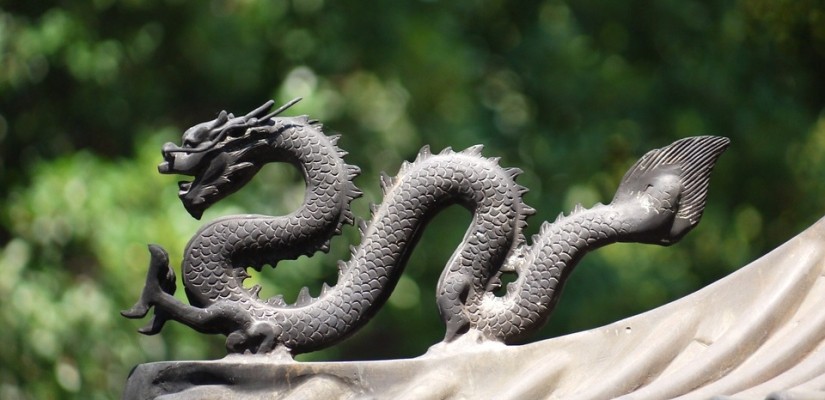Although China is a major crude oil producer, steadily increasing demand has made the country the world’s largest oil importer as of 2017. Nearly half of those imports come from countries on the coastline of the Persian Gulf, namely: Bahrain, Iran, Iraq, Kuwait, Oman (Musandam exclave), Qatar, Saudi Arabia, and the United Arab Emirates. Most of this oil must go through the strategic chokepoint at the Strait of Hormuz and China is determined to act as a mediator in the region to safeguard their access to the source. Tensions between countries on the Persian Gulf have put China in a precarious position, despite its attempts at maintaining non-political economic relations with countries in the region. China’s Foreign Minister Wang Yi asserted that “China’s political role in the Middle East will only grow,” while simultaneously trying to balance delicate relations with both Saudi Arabia and Iran.
The Sino-Saudi relationship has warmed considerably in with the Kingdom’s Crown Prince Mohammed bin Salman meeting President Xi Jinping in Beijing in February 2019. The pair signed an additional $28 billion worth of economic agreements, including plans for an Aramco-Norinco joint petrochemical venture, to compliment $65 billion worth of deals that they signed in Riyadh in 2017. The two leaders also aligned on many aspects of Saudi Arabia’s Vision 2030 and China’s Belt and Road Initiative (BRI) with the tagline: “Together for a Promising Future.”
Similarly, China has been brought closer to Iran through economic ties. As a part of China’s BRI, they are seeking to establish the China-Central Asia-West Asia Economic Corridor (CCWAEC), which starts in China and ends on Iran’s Persian Gulf coast. The CCWAEC gives China more direct access to the Gulf’s energy supply which could potentially reduce the importance of Saudi Arabia to China. To further stoke concerns in Riyadh, Iran is seeking to join the Shanghai Cooperation Organization, a Eurasian security bloc that some view as a counterbalance to the North Atlantic Treaty Organization (NATO). Beijing also sees Tehran as leverage in their dispute with Washington. China’s Foreign Minister voiced concerns over US sanctions against Iran and has pledged to support the latter in safeguarding their interests.

While China tries to balance relations with the two Persian Gulf rivals, their utmost policy objective is to maintain stability in the region. Tehran drew the ire of Beijing when the Iranian Revolutionary Guard threatened to block oil shipments through the Strait of Hormuz in 2018 in protest of Washington’s sanctions. With US-Iran relations again mounting, China’s top diplomat called “on all sides to remain rational and exercise restraint, and not take any escalatory actions that irritate regional tensions, and not open a Pandora’s box.” Wang added, “In particular, the U.S. side should alter its extreme pressure methods.”
Recognizing the risk that a Strait of Hormuz blockade would pose to their energy security; Beijing has been hedging bets and diversifying options. Within the region, China maintains a “comprehensive strategic partnership” with the United Arab Emirates as the latter seeks to play a significant role in the BRI. The UAE was named the Vice Chairman of the BRI’s Tax Administration Organisation which fosters greater financial cooperation between BRI countries. China also intends to transform the Omani fishing village of Duqm into a $10.7 billion transit-oriented industrial city. The Special Economic Zone will host various energy mega-ventures and its location on the Arabian Sea would allow shipments to bypass the Strait of Hormuz. Overall, China’s investments in the Persian Gulf can be viewed as a well-diversified portfolio that prioritizes stability above all. They will continue to be a pragmatic partner for many countries in the region, offering economic development without overt interference in Gulf relations.

